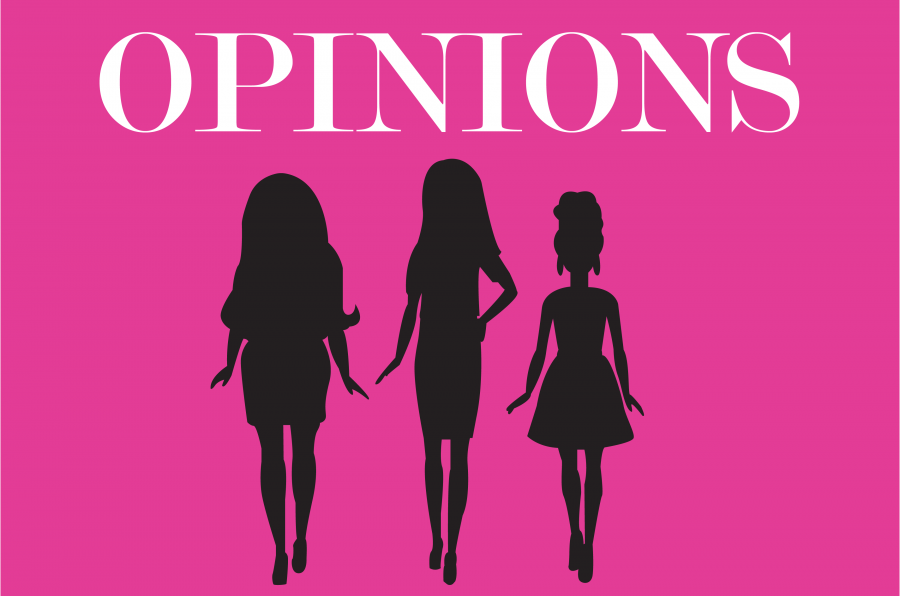A Barbie doll for all
February 5, 2016
Mattel introduced a new line of their iconic Barbie dolls to the world on Jan. 28. Their new models aim to emulate all shapes and sizes of women, differing drastically from the classic “Barbie” look: the impossibly tiny waist, long blonde hair, and feet in a permanent high-heel position.
“We have to let girls know that it doesn’t matter what shape you come in, that anything is possible,” Director of Global Brand Insights for the doll line Tania Missad said. I believe this is a step in the right direction for both toy manufacturers and our generation’s celebration of individuality among women and all people.
It’s no secret that most humans feel self-conscious about their bodies at some point in their lives. This is particularly true for young girls who tend to be more vulnerable to social pressures and expectations. They often compare themselves to girls around them and to what the world views as “beautiful” or “popular,” and media negatively perpetuates this. In the fight to establish the media as a positive influence, Mattel has made a great stride.
The traditional Barbie doll portrayed a false representation of women. Children love these dolls (it was my unrivaled favorite toy growing up), but whether they realize it or not, this toy they idealize shows them that a certain look and body type is the most desirable, when reality couldn’t be more opposite. These new dolls emulate many sizes, hairstyles, and skin colors that illustrate real women.
The children seem to enjoy these new dolls as well. According to The New York Times, Mattel is already seeing an increase in quarterly net sales. As the company suspected, it is fun for children to pick out dolls that look like them or people they know. Girls are consequently taught that all shapes and sizes of women are celebrated.
“It’s important for Barbies to look different. You know, like the real people in the world,” a little girl said in a Barbie promotional video. These kids are seeing differences being celebrated, leading them to live lives of inclusion and acceptance.




















